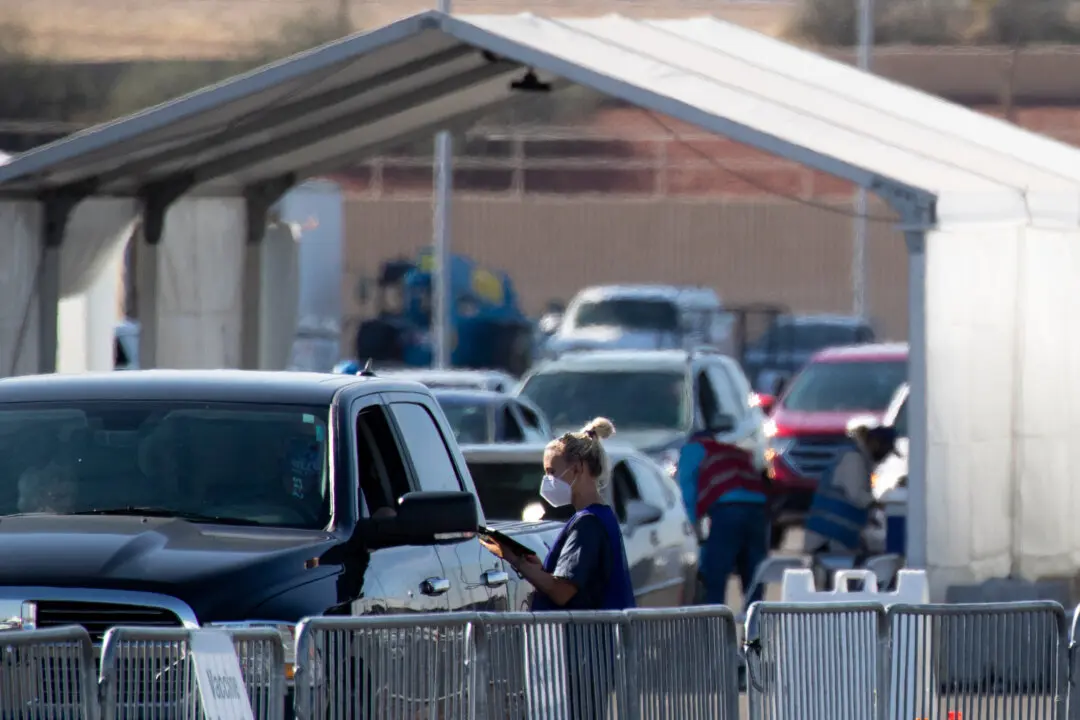Vaccines don’t have to prevent infection or transmission to be cleared in the United States, the country’s top regulatory agency said in a new document.
“It is important to note that FDA’s authorization and licensure standards for vaccines do not require demonstration of the prevention of infection or transmission,” Dr. Peter Marks, a top official at the U.S. Food and Drug Administration (FDA), said in the document.





